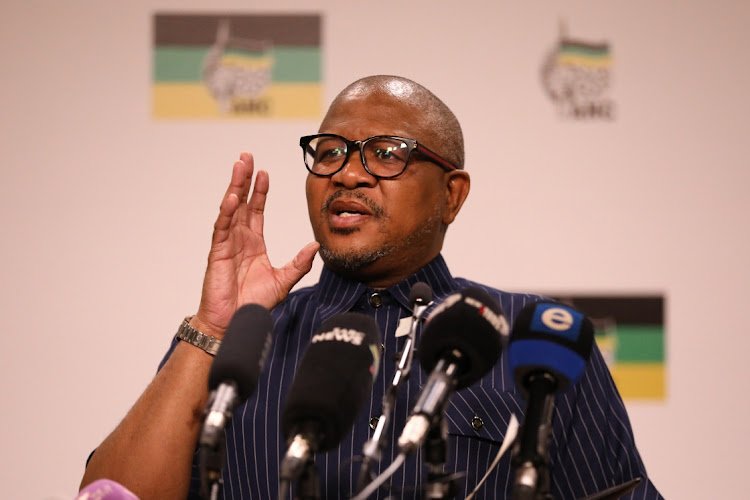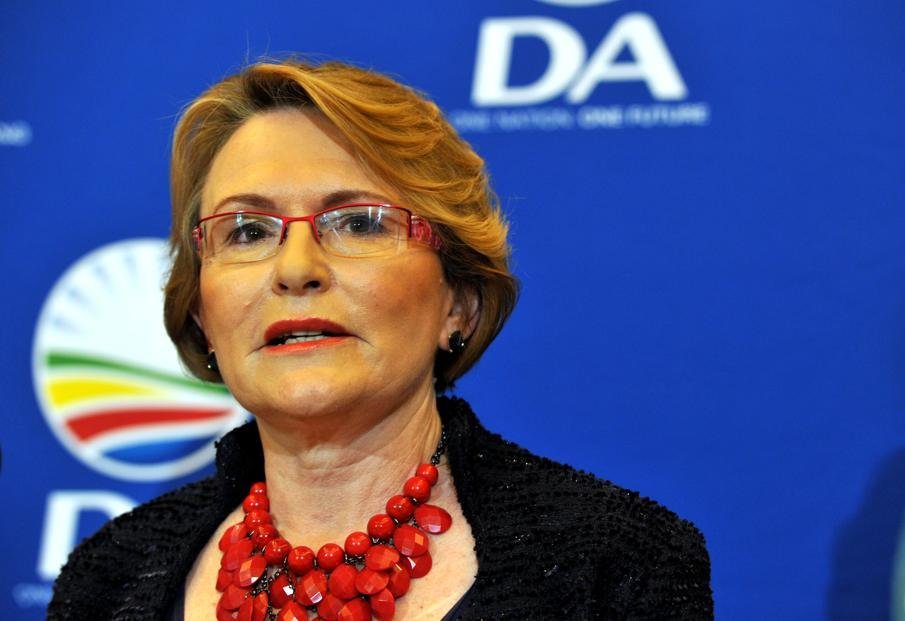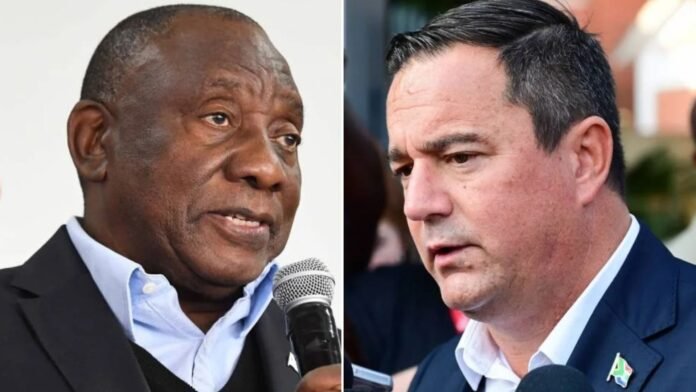To foster political stability and unify governance, the African National Congress (ANC) and the Democratic Alliance (DA) came together to form a coalition under the Government of National Unity (GNU).
This unprecedented alliance represented a broad voter base, encompassing a diverse spectrum of political ideologies and regional interests.
The primary aim of this coalition was to bridge the divide between the two prominent political entities and to collaboratively work towards the country’s socio-economic development.
[ DA Will Decide On GNU After ANC Makes Final Offer On Cabinet Positions ]
The coalition agreement outlined specific roles and positions for key members from both parties. The ANC and DA leaders negotiated these roles meticulously, ensuring that each party’s influence was balanced and reflected in the decision-making processes.
High hopes were pinned on this coalition, with many political analysts and commentators expressing optimism about its potential to deliver effective governance and enhance public trust in the political system.
At the heart of this coalition was the shared vision of political stability and unified governance. The leaders of the ANC and DA emphasized their commitment to transcending party lines for the greater good of the nation.
The coalition between the ANC and DA has faced significant challenges from the outset, marked by a series of disagreements that ultimately led to its collapse.
Just one week after Cyril Ramaphosa was elected president, tensions began to surface, primarily revolving around the allocation of key positions and ministries. These disagreements were not merely internal; they quickly became public, contributing to the coalition’s instability.
A flurry of leaked letters exacerbated the situation, bringing the internal discord into the public eye. One letter, in particular, highlighted the dissatisfaction within the ANC regarding the DA’s conduct during negotiations.
High-ranking ANC sources cited the DA’s “inflexible stance” and “uncompromising demands” as significant obstacles. “The DA’s approach was more about securing power rather than fostering a collaborative governance model,” one senior ANC official stated.
This sentiment was echoed by others within the party who felt that the DA’s posture was not conducive to a sustainable partnership.

The media played a crucial role in amplifying these disputes, with several incidents making headlines. Public spats between key figures from both parties further eroded the coalition’s credibility.
For instance, an ANC representative publicly criticized the DA’s leadership for failing to honour previously agreed-upon terms, leading to a war of words that dominated news cycles for days.
These disagreements were not limited to policy issues but also extended to personal relationships and trust between the coalition partners. The lack of cohesion and mutual respect became increasingly evident, making it difficult to present a united front.
The collapse of the coalition between the African National Congress (ANC) and the Democratic Alliance (DA) can be attributed to several core issues that became points of contention between the two parties.
Central to these were the specific demands made by the DA, particularly concerning the allocation of ministerial positions and the control of key portfolios.
The DA’s insistence on securing a substantial number of ministerial roles, including high-profile portfolios such as finance, health, and education, created friction within the negotiation process.
Exchanges of letters between prominent leaders, such as Helen Zille, John Steenhuisen, and President Cyril Ramaphosa, further intensified the situation.

In these correspondences, the DA articulated its stance on controlling critical sectors to implement their policies effectively. However, the ANC perceived these demands as excessive and indicative of an overreach, leading to an imbalance in the proposed coalition.
The DA accused the ANC of shifting goalposts during the discussions, alleging that agreed-upon terms were frequently renegotiated or altered unilaterally by the ANC.
The collapse of the coalition between the ANC and the DA reached its final breakdown with a series of significant moments that underscored the dissolution of the agreement.
Central to this was President Cyril Ramaphosa’s final letter to John Steenhuisen, leader of the DA, which marked the definitive end of any cooperative efforts between the two parties.
In the letter, Ramaphosa levied serious accusations against the DA, alleging attempts to establish a parallel government, which further exacerbated the tensions and made reconciliation impossible.
ANC President Cyril Ramaphosa penned this FINAL LETTER to DA Leader John Steenhuisen after he responded to their meeting and the proposals put on the table on the formation of the GNU Executive. The deal with the DA is on a knives edge over the Department of Trade and… pic.twitter.com/H6MxJzasCB
— #LordOfTheMedia (@samkelemaseko) June 27, 2024
Catch up with the latest news from The Times Post on WhatsApp by following our channel. Click here to join.
Kindly follow @thetimespost on Instagram. On X (Twitter), follow @thetimespost2.


